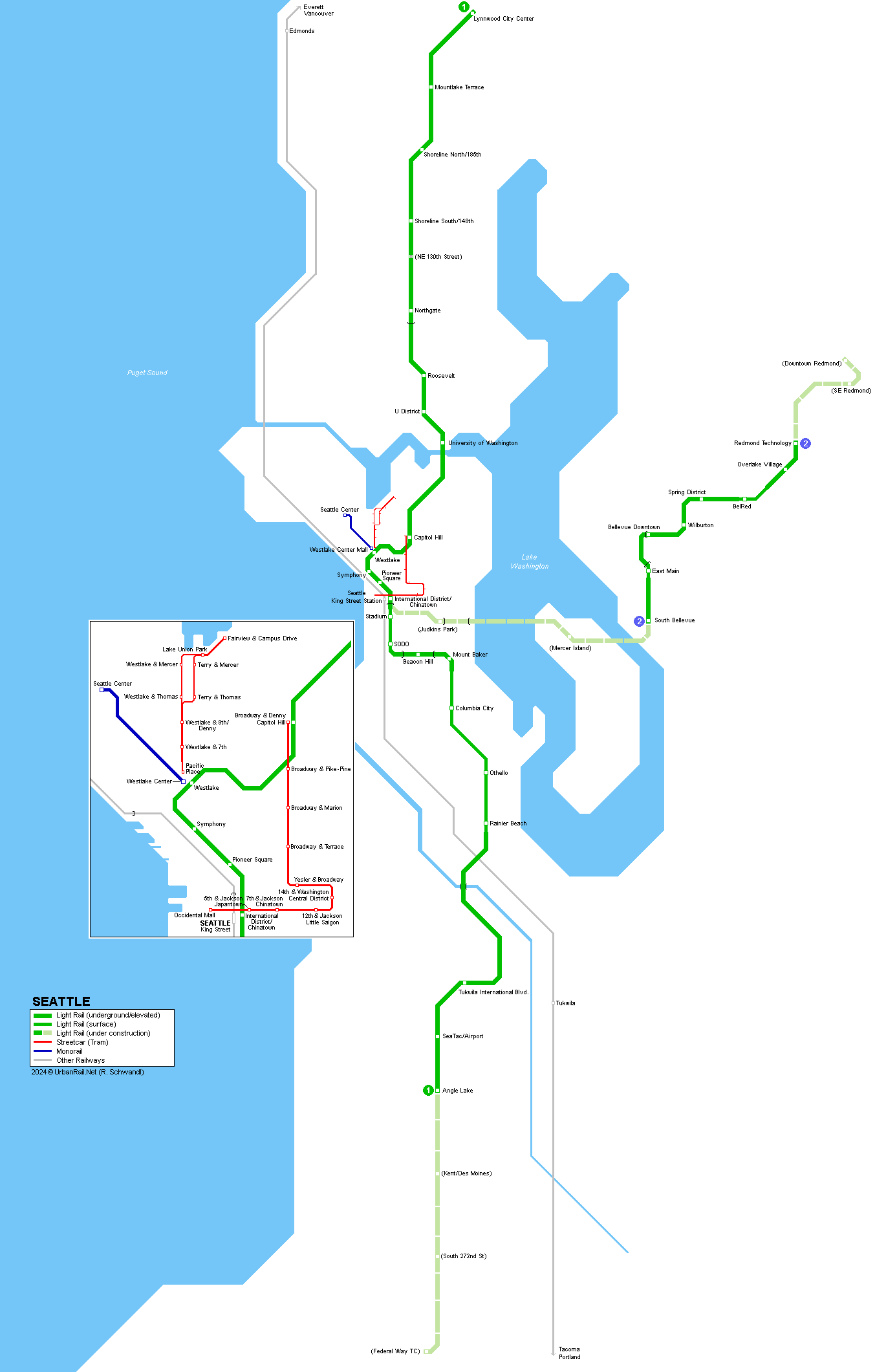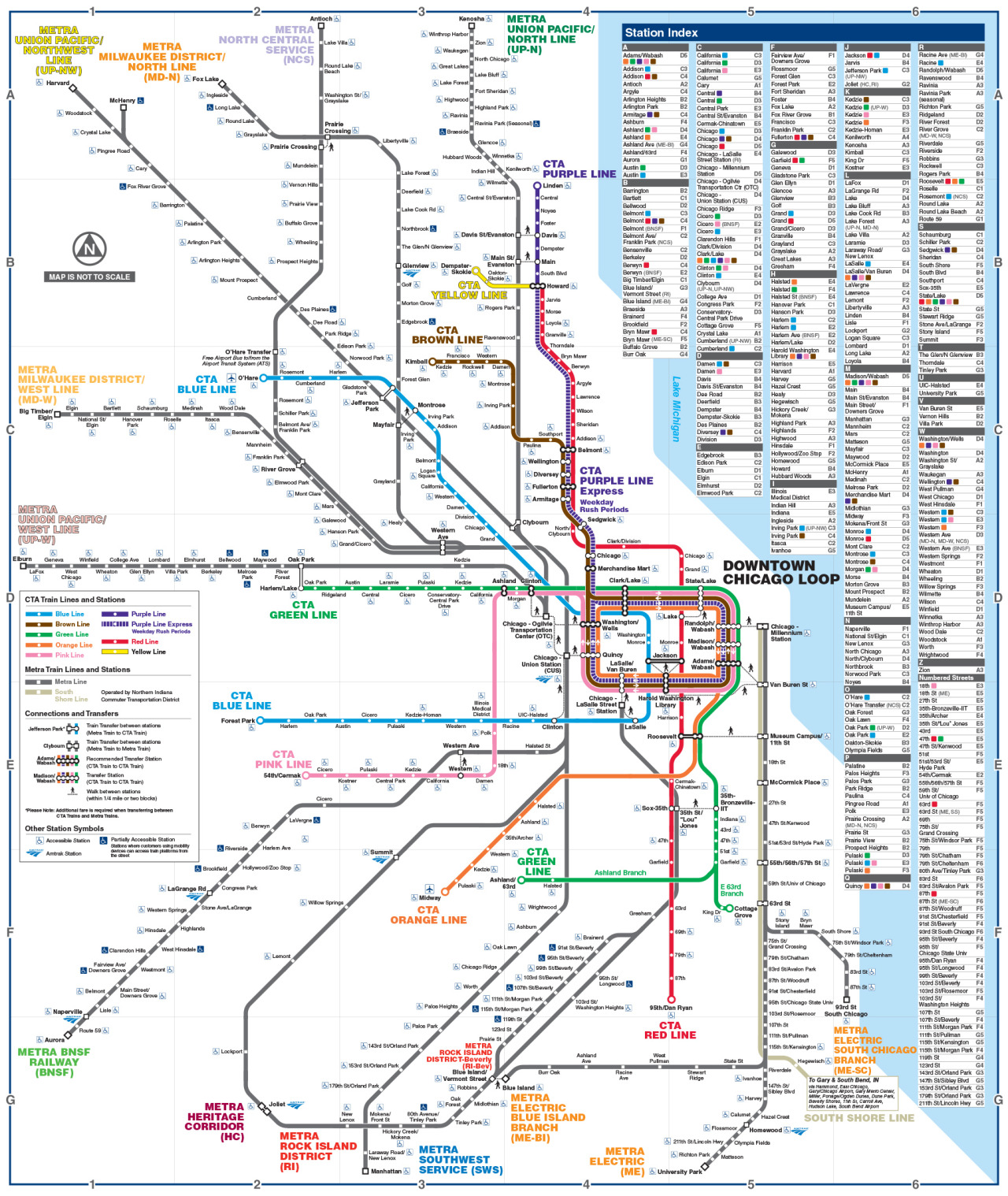As the former head of Amazon's World Wide Real Estate Group, I am frequently asked, "where will HQ2 go?"
While my role at Amazon did not involve office site selection (I worked on the buildings that get brown boxes to the right place) I did get to know the company well and the people making the site selection decision for HQ2.
Talent is limited in Seattle. The number of engineers graduating from Washington State is impressive at 1700 per year, but half the 3500 graduating near Philly and DC, and one third of the 5300 per year graduating near Chicago. By comparison California grants a truly impressive 9000 engineering degrees per year.
Housing is in short supply. Seattle is largely made up of single family houses, which has thwarted needed housing development. While the city has successfully up-zoned of specific areas, the process of transforming low density neighborhoods is taking a long time. Demand outstripping supply has driven housing prices to unaffordable levels.
Seattle's public transportation is inadequate. New ballot measures have been passed to add to Seattle's single Light Rail line, but completion of the limited network is a generation away. The city turned down a fixed rail system in the 1970s, condemning the city to perpetual grid lock.
Seattle's wealthiest have set their sights beyond the city. Bill Gates, Paul Allen, Howard Schultz, and Jeff Bezos, made their fortunes in Seattle, and have always aimed high, focusing on issues impacting the world, but unfortunately ignoring their roles as Seattle's leaders. (Howard Schultz of Starbucks is the only one who actually lives within the city limits.)
Bill Gates is focused on global problems, such as disease and poverty. Jeff Bezos's passion is space travel. Howard Schultz is rumored to have national political ambitions. Paul Allen, owner of the Seahawks, has tried to improve his hometown by building Museums and proposing ideas like a central park in South Lake Union, but has been thwarted in some of his efforts, disappearing from local view.
Lack of diversity. Seattle is not a diverse city, 69% white. By comparison the white populations other HQ2 candidate cities are, Philly 41%, DC 43%, Chicago 31%, San Francisco 53% New York 45%. (The US over all is 76%) With a growing Asian population that trend is changing, but will take some time to catch up with other large cities such as NY, San Francisco, Chicago, Philadelphia.
Seattle is Remote. Boeing moved its HQ out of Seattle in 2001, to Chicago, to be closer to its customers and to give the company leverage over the increasing strength of the local labor market. Boeing's relocation was motivated by many of the same reasons Amazon is searching for HQ2.
Seattle is a socially progressive city, which was one of the first places to legalize gay marriage, marijuana, with widespread support of environmental conservation.
The city's small size with ample cultural and sports attractions, have until recently made it a very easy place to live.
And of course, high paying jobs are in Seattle.
Seattle: 22 rail miles
Chicago: 700 rail miles


Additionally, the leader of the HQ2 search lives in the DC area and use to work for one of the regional development agencies.
DC has many of the necessary attributes for a good HQ2, but when measured by the quantifiable attributes, it comes in third place to Philly or Chicago. DC is too expensive, does not have adequate transportation infrastructure, and is inherently myred in politics that will limit Amazon's business. DC has an abundance of engineers, the area is racially diverse, with excellent museums and restaurants, and will be a good draw for talent.
15 Seattle-Tacoma-Bellevue, WA MSA 3,867,046 3,439,809 +12.42%
16 Minn-St. Paul-Bloom'tn, MN-WI MSA 3,600,618 3,348,859 +7.52%
As recently as 1980 Seattle was losing people
Philadelphia, PA City $1,098 $1,136 $1,155 $1,170
YOY Change 2.10% 3.50% 1.70% 1.20%
Seattle, WA City $1,478 $1,646
5.90% 6.70% 5.20% -0.80%
Chicago, IL City $1,216 $1,228 $1,276 $1,266
YOY Change 2.50% 1.00% 4.00% -0.80%
While my role at Amazon did not involve office site selection (I worked on the buildings that get brown boxes to the right place) I did get to know the company well and the people making the site selection decision for HQ2.
Why does Amazon need to move at all? What does Seattle lack?
Seattle is not a big place, at 3.8 million people, smaller than the Detroit metro area and slightly larger than Minneapolis-St. Paul. Its growth is constrained by water and mountains, which make for spectacular views, but limit roads, and housing development. Amazon has long outgrown Seattle, accelerated by the company's reluctance to have satellite offices.Talent is limited in Seattle. The number of engineers graduating from Washington State is impressive at 1700 per year, but half the 3500 graduating near Philly and DC, and one third of the 5300 per year graduating near Chicago. By comparison California grants a truly impressive 9000 engineering degrees per year.
Housing is in short supply. Seattle is largely made up of single family houses, which has thwarted needed housing development. While the city has successfully up-zoned of specific areas, the process of transforming low density neighborhoods is taking a long time. Demand outstripping supply has driven housing prices to unaffordable levels.
Seattle's public transportation is inadequate. New ballot measures have been passed to add to Seattle's single Light Rail line, but completion of the limited network is a generation away. The city turned down a fixed rail system in the 1970s, condemning the city to perpetual grid lock.
Seattle's wealthiest have set their sights beyond the city. Bill Gates, Paul Allen, Howard Schultz, and Jeff Bezos, made their fortunes in Seattle, and have always aimed high, focusing on issues impacting the world, but unfortunately ignoring their roles as Seattle's leaders. (Howard Schultz of Starbucks is the only one who actually lives within the city limits.)
Bill Gates is focused on global problems, such as disease and poverty. Jeff Bezos's passion is space travel. Howard Schultz is rumored to have national political ambitions. Paul Allen, owner of the Seahawks, has tried to improve his hometown by building Museums and proposing ideas like a central park in South Lake Union, but has been thwarted in some of his efforts, disappearing from local view.
Lack of diversity. Seattle is not a diverse city, 69% white. By comparison the white populations other HQ2 candidate cities are, Philly 41%, DC 43%, Chicago 31%, San Francisco 53% New York 45%. (The US over all is 76%) With a growing Asian population that trend is changing, but will take some time to catch up with other large cities such as NY, San Francisco, Chicago, Philadelphia.
Seattle is Remote. Boeing moved its HQ out of Seattle in 2001, to Chicago, to be closer to its customers and to give the company leverage over the increasing strength of the local labor market. Boeing's relocation was motivated by many of the same reasons Amazon is searching for HQ2.
With all these problems, why is everyone coming to Seattle?
Surrounded by water and snow capped mountains, Seattle enjoys one of the most beautiful settings for a city in the world. The mild winters and 90 days of pleasant summer weather compensate for the often grey skies. Olympic National Park, Mt Rainier National Park, and North Cascades Highway are a short drive from Seattle and offer some of the most spectacular landscapes anywhere.Seattle is a socially progressive city, which was one of the first places to legalize gay marriage, marijuana, with widespread support of environmental conservation.
The city's small size with ample cultural and sports attractions, have until recently made it a very easy place to live.
And of course, high paying jobs are in Seattle.
So where should HQ2 go? ....Philadelphia or Chicago!!!
The two best cities with scale, talent, transportation infrastructure, lifestyle, choices, reasonable cost of living, diversity and where blue politics prevail are Phlly or Chicago. (Full disclosure I went to school in both cities, and have done work in most the finalist cities as well.)The Transit Maps Tell the Whole Story:
Philly: 400 rail milesSeattle: 22 rail miles
Chicago: 700 rail miles


Where will HQ2 actually go? The fix is in.....HQ2 will go to the DC Area.
Historically, headquarters relocations are determined by their distance from the CEO's house. Jeff B., is building a new home in DC and has broader aspirations well beyond Seattle. Other than his children, Jeff B has no family ties to Seattle. The Bezoes are soon to be an empty nesters, with their kids likely to go to school in the East.Additionally, the leader of the HQ2 search lives in the DC area and use to work for one of the regional development agencies.
DC has many of the necessary attributes for a good HQ2, but when measured by the quantifiable attributes, it comes in third place to Philly or Chicago. DC is too expensive, does not have adequate transportation infrastructure, and is inherently myred in politics that will limit Amazon's business. DC has an abundance of engineers, the area is racially diverse, with excellent museums and restaurants, and will be a good draw for talent.
Follow the Talent
Appendix:
City Rank/ Population 2016/2017/ Population Change
14 Detroit-Warren-Dearborn, MI MSA 4,313,002 4,296,250 +0.39%15 Seattle-Tacoma-Bellevue, WA MSA 3,867,046 3,439,809 +12.42%
16 Minn-St. Paul-Bloom'tn, MN-WI MSA 3,600,618 3,348,859 +7.52%
As recently as 1980 Seattle was losing people
Cost of Living:
2 BR Apartment: 2015/2016/2017Philadelphia, PA City $1,098 $1,136 $1,155 $1,170
YOY Change 2.10% 3.50% 1.70% 1.20%
Seattle, WA City $1,478 $1,646
5.90% 6.70% 5.20% -0.80%
Chicago, IL City $1,216 $1,228 $1,276 $1,266
YOY Change 2.50% 1.00% 4.00% -0.80%
Washington, DC City $1,481 $1,525 $1,532 $1,530
YOY Change 0.10% 3.00% 0.50% -0.10%

Comments
Post a Comment